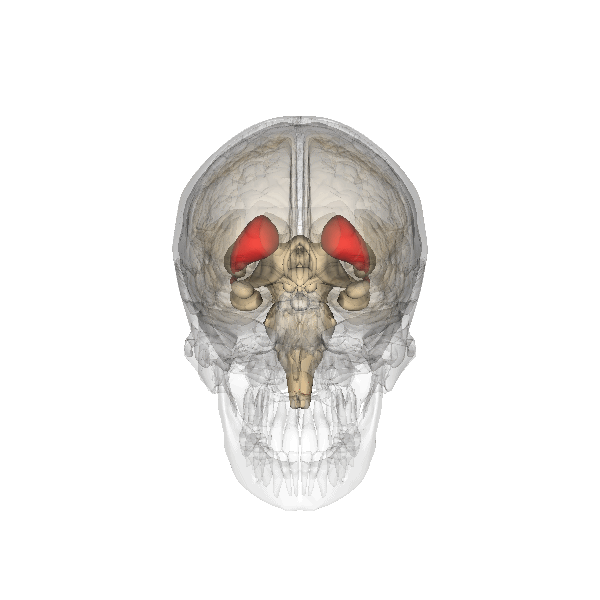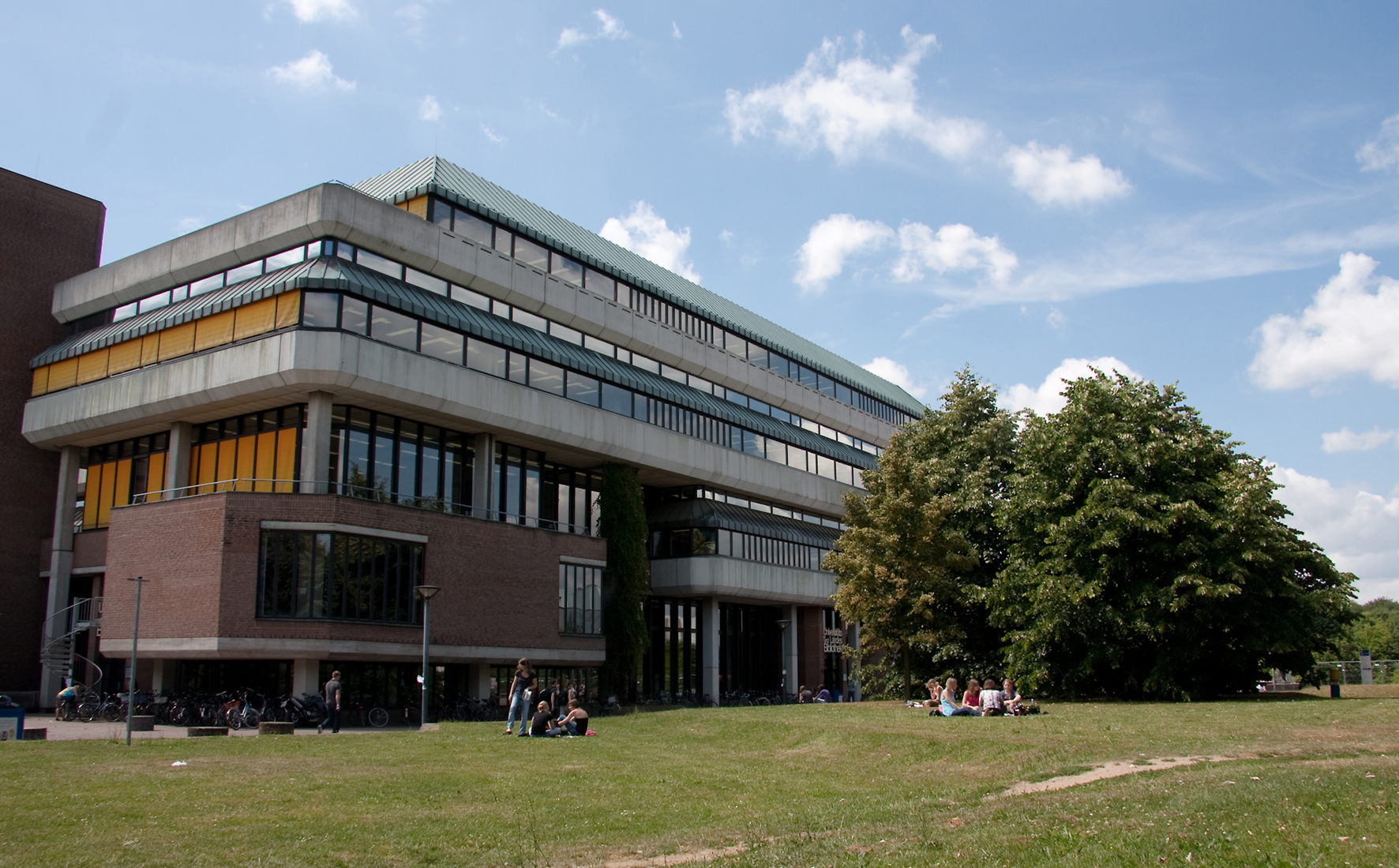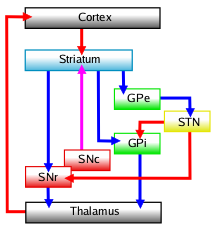|
Karl Friedrich Burdach
Karl Friedrich Burdach (12 June 1776 – 16 July 1847) was a German physiologist. He was the first to use the word "biology" and was a pioneer of neuroanatomy. Life Burdach came from a family of physicians in Leipzig. He graduated in medicine at Leipzig in 1800 and trained in Vienna; became professor of physiology in the University of Dorpat in 1811, and four years later took a similar position at the University of Königsberg. He was influenced into Natural Philosophy by Friedrich Wilhelm Joseph von Schelling (1775- 1854). He provided in 1822 the name, due to the arching shape of its longest fibres, of the arcuate fasciculus,Carl Friedrich Burdach (1822), ''Vom Baue und Leben des Gehirns'', volume II, division iii, chapter , § 197, pag153/ref> the term amygdala, and in 1800 the name "Biology" in the modern sense of the term. He used the word biology and morphology as footnotes in his book ''Propädeutik zum Studium der gesammten Heilkunst''. Burdach was an advocate of ... [...More Info...] [...Related Items...] OR: [Wikipedia] [Google] [Baidu] |
Leipzig
Leipzig (, ; ; Upper Saxon: ; ) is the most populous city in the States of Germany, German state of Saxony. The city has a population of 628,718 inhabitants as of 2023. It is the List of cities in Germany by population, eighth-largest city in Germany and is part of the Central German Metropolitan Region. The name of the city is usually interpreted as a Slavic term meaning ''place of linden trees'', in line with many other Slavic placenames in the region. Leipzig is located about southwest of Berlin, in the southernmost part of the North German Plain (the Leipzig Bay), at the confluence of the White Elster and its tributaries Pleiße and Parthe. The Leipzig Riverside Forest, Europe's largest intra-city riparian forest, has developed along these rivers. Leipzig is at the centre of Neuseenland (''new lake district''). This district has Bodies of water in Leipzig, several artificial lakes created from former lignite Open-pit_mining, open-pit mines. Leipzig has been a trade city s ... [...More Info...] [...Related Items...] OR: [Wikipedia] [Google] [Baidu] |
Caudate Nucleus
The caudate nucleus is one of the structures that make up the corpus striatum, which is part of the basal ganglia in the human brain. Although the caudate nucleus has long been associated with motor processes because of its relation to Parkinson's disease and Huntington's disease, it also plays important roles in nonmotor functions, such as procedural learning, associative learning, and inhibitory control of action. The caudate is also one of the brain structures that compose the reward system, and it functions as part of the cortico-basal ganglia-thalamo-cortical loop. Structure Along with the putamen, the caudate forms the dorsal striatum, which is considered a single functional structure; anatomically, it is separated by a large white-matter tract, the internal capsule, so it is sometimes also described as two structures—the medial dorsal striatum (the caudate) and the lateral dorsal striatum (the putamen). In this vein, the two are functionally distinct not bec ... [...More Info...] [...Related Items...] OR: [Wikipedia] [Google] [Baidu] |
Academic Staff Of The University Of Tartu
An academy (Attic Greek: Ἀκαδήμεια; Koine Greek Ἀκαδημία) is an institution of tertiary education. The name traces back to Plato's school of philosophy, founded approximately 386 BC at Akademia, a sanctuary of Athena, the goddess of wisdom and Skills, skill, north of Ancient Athens, Athens, Greece. The Royal Spanish Academy defines academy as scientific, literary or artistic society established with public authority and as a teaching establishment, public or private, of a professional, artistic, technical or simply practical nature. Etymology The word comes from the ''Academy'' in ancient Greece, which derives from the Athenian hero, ''Akademos''. Outside the city walls of Athens, the Gymnasium (ancient Greece), gymnasium was made famous by Plato as a center of learning. The sacred space, dedicated to the goddess of wisdom, Athena, had formerly been an olive Grove (nature), grove, hence the expression "the groves of Academe". In these gardens, the philos ... [...More Info...] [...Related Items...] OR: [Wikipedia] [Google] [Baidu] |
People From The Electorate Of Saxony
The term "the people" refers to the public or common mass of people of a polity. As such it is a concept of human rights law, international law as well as constitutional law, particularly used for claims of popular sovereignty. In contrast, a people is any plurality of persons considered as a whole. Used in politics and law, the term "a people" refers to the collective or community of an ethnic group or nation. Concepts Legal Chapter One, Article One of the Charter of the United Nations states that "peoples" have the right to self-determination. Though the mere status as peoples and the right to self-determination, as for example in the case of Indigenous peoples (''peoples'', as in all groups of indigenous people, not merely all indigenous persons as in ''indigenous people''), does not automatically provide for independent sovereignty and therefore secession. Indeed, judge Ivor Jennings identified the inherent problems in the right of "peoples" to self-determination, as i ... [...More Info...] [...Related Items...] OR: [Wikipedia] [Google] [Baidu] |
Physicians From Leipzig
A physician, medical practitioner (British English), medical doctor, or simply doctor is a health professional who practices medicine, which is concerned with promoting, maintaining or restoring health through the study, diagnosis, prognosis and treatment of disease, injury, and other physical and mental impairments. Physicians may focus their practice on certain disease categories, types of patients, and methods of treatment—known as specialities—or they may assume responsibility for the provision of continuing and comprehensive medical care to individuals, families, and communities—known as general practice. Medical practice properly requires both a detailed knowledge of the academic disciplines, such as anatomy and physiology, underlying diseases, and their treatment, which is the science of medicine, and a decent competence in its applied practice, which is the art or craft of the profession. Both the role of the physician and the meaning of the word itself vary ar ... [...More Info...] [...Related Items...] OR: [Wikipedia] [Google] [Baidu] |
German Physiologists
German(s) may refer to: * Germany, the country of the Germans and German things **Germania (Roman era) * Germans, citizens of Germany, people of German ancestry, or native speakers of the German language ** For citizenship in Germany, see also German nationality law **Germanic peoples (Roman era) *German diaspora * German language * German cuisine, traditional foods of Germany People * German (given name) * German (surname) * Germán, a Spanish name Places * German (parish), Isle of Man * German, Albania, or Gërmej * German, Bulgaria * German, Iran * German, North Macedonia * German, New York, U.S. * Agios Germanos, Greece Other uses * German (mythology), a South Slavic mythological being * Germans (band), a Canadian rock band * "German" (song), a 2019 song by No Money Enterprise * ''The German'', a 2008 short film * "The Germans", an episode of ''Fawlty Towers'' * ''The German'', a nickname for Congolese rebel André Kisase Ngandu See also * Germanic (disambigu ... [...More Info...] [...Related Items...] OR: [Wikipedia] [Google] [Baidu] |
1847 Deaths
Events January–March * January 4 – Samuel Colt sells his first revolver pistol to the U.S. government. * January 13 – The Treaty of Cahuenga ends fighting in the Mexican–American War in California. * January 16 – John C. Frémont is appointed Governor of the new California Territory. * January 17 – St. Anthony Hall fraternity is founded at Columbia University, New York City. * January 30 – Yerba Buena, California, is renamed San Francisco. * February 5 – A rescue effort, called the First Relief, leaves Johnson's Ranch to save the ill-fated Donner Party of California-bound migrants who became snowbound in the Sierra Nevada earlier this winter. Some have resorted to survival by cannibalism. * February 22 – Mexican–American War: Battle of Buena Vista – 5,000 American troops under General Zachary Taylor use their superiority in artillery to drive off 15,000 Mexican troops under Antonio López de Santa Anna, defeating the Mexicans the next day. * Fe ... [...More Info...] [...Related Items...] OR: [Wikipedia] [Google] [Baidu] |
1776 Births
Events January–February * January 1 – American Revolutionary War – Burning of Norfolk: The town of Norfolk, Virginia is destroyed, by the combined actions of the Kingdom of Great Britain, British Royal Navy and occupying Patriot (American Revolution), Patriot forces. * January 10 – American Revolution – Thomas Paine publishes his pamphlet ''Common Sense (pamphlet), Common Sense'', arguing for independence from British rule in the Thirteen Colonies. * January 20 – American Revolution – South Carolina Loyalist (American Revolution), Loyalists led by Robert Cunningham sign a petition from prison, agreeing to all demands for peace by the formed state government of South Carolina. * January 24 – American Revolution – Henry Knox arrives at Cambridge, Massachusetts, with the Noble train of artillery, artillery that he has transported from Fort Ticonderoga. * February 17 – Edward Gibbon publishes the first volume of ''The Hi ... [...More Info...] [...Related Items...] OR: [Wikipedia] [Google] [Baidu] |
University And State Library Düsseldorf
The University and State Library Düsseldorf (, abbreviated ULB Düsseldorf) is a central service institution of Heinrich Heine University. Along with Bonn and Münster, it is also one of the three State Libraries of North Rhine-Westphalia. Tradition and Modernity From 1965 to 1969, the University and Library Düsseldorf gradually developed out of the Medical Academy in Düsseldorf. There is no real founding year of the ULB, but the foundation stone for an integrated library system was laid when the former State and City Library of Düsseldorf was taken over by the university in 1970 and merged with the Central Library of the former Medical Academy. Structure and Holdings The ULB consists of one central library and four decentralized locations. Management and media processing are organized centrally. Catalogues, databases, e-books and e-journals are accessible throughout the whole university as well as at home via the library network. Collections Thomas Mann Collection ... [...More Info...] [...Related Items...] OR: [Wikipedia] [Google] [Baidu] |
Lateral Globus Pallidus
The external globus pallidus (GPe or lateral globus pallidus) combines with the internal globus pallidus (GPi) to form the globus pallidus, an anatomical subset of the basal ganglia. Globus pallidus means "pale globe" in Latin, indicating its appearance. The external globus pallidus is the segment of the globus pallidus that is relatively further (lateral) from the midline of the brain. The GPe is predominantly composed of inhibitory GABAergic neurons that project axons to the subthalamic nucleus (in the diencephalon), the striatum, internal globus pallidus (GPi) and substantia nigra pars reticulata. The GPe is particular in comparison to the other elements of the set by the fact that it does not work as an output base of the basal ganglia (not sending axons to the thalamus) but as the main regulator of the basal ganglia system. It is sometimes used as a target for deep brain stimulation as a treatment for Parkinson's disease. Function Indirect pathway The basal ganglia ... [...More Info...] [...Related Items...] OR: [Wikipedia] [Google] [Baidu] |






